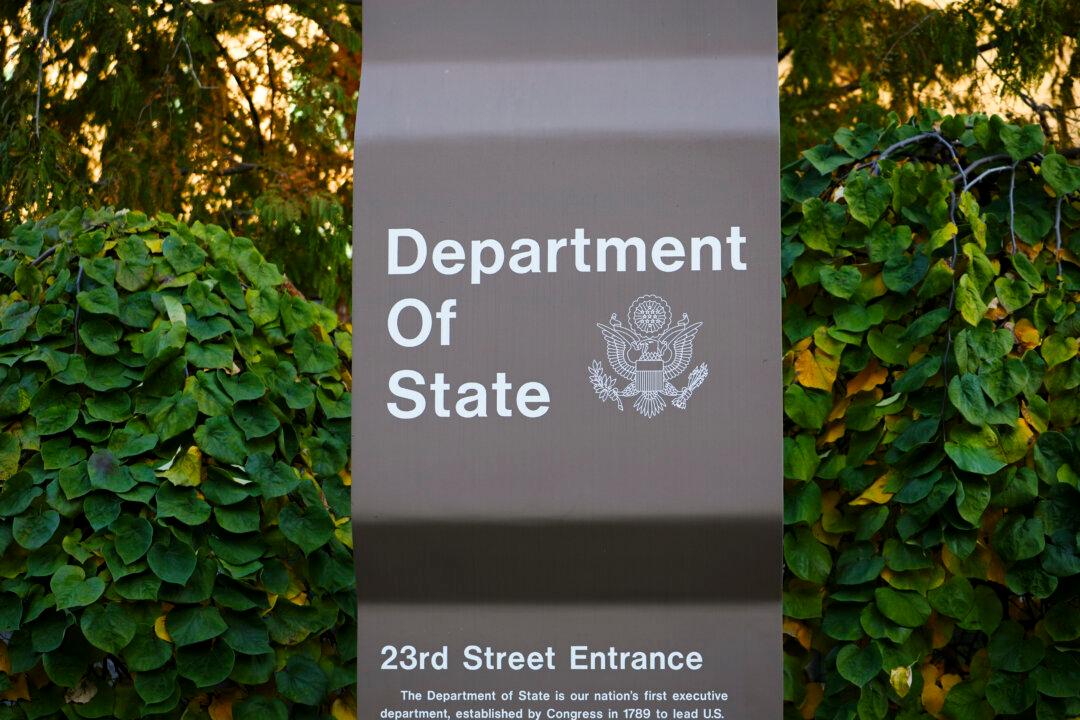The Supreme Court has agreed to review the case of an El Salvadoran citizen whose immigration visa was denied in part because a visa officer thought his tattoos indicated gang membership.
The government argues that under federal law the visa denial cannot be challenged in court.





